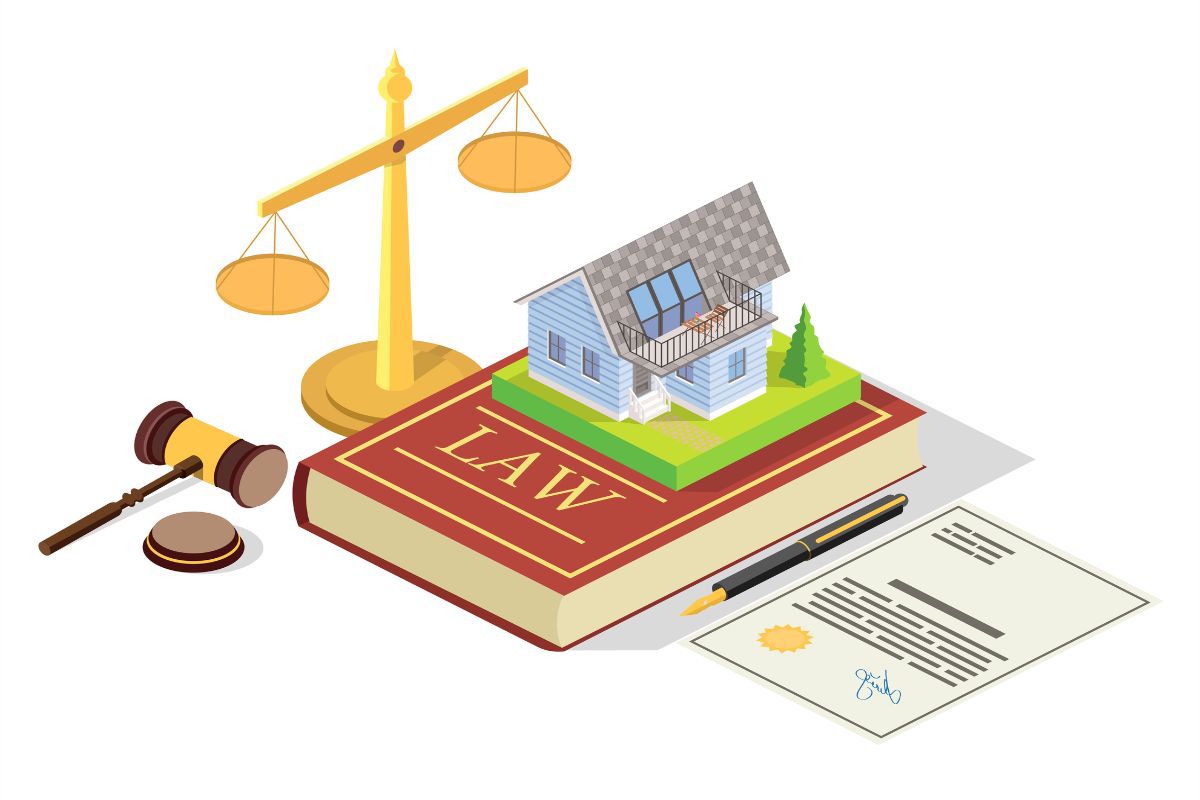Four common types of real estate disputes often arise among the different people involved in a property transaction. These disputes include breach of contract, breach of duty, failure to disclose property defects, and property line disputes. If you are worried about how to solve a real estate dispute, you need an experienced real estate and business lawyer to help you. Our firm can step in and determine your best path forward.
-
Breach of Contract
When you buy or sell real property, you sign a binding legal contract. The sales contract contains important information and requirements that both parties must follow. For example, these contracts list the closing date, purchase price, contingencies, financing, property description, and other details. Other types of real estate contracts, such as commercial leases or broker agreements, also are binding legal contracts that contain important terms. If either party to a real estate agreement fails to follow the agreement’s requirements, the other party could have the right to sue for breach of contract.
We highly recommend finding an attorney like those at Henke, Williams and Boll to review your contract before you get to the brink of litigation. Many real estate contracts contain “boilerplate” or standard language that may not fit your individual circumstances. Your attorney can help you make sure your needs are met. In addition, your attorney can advise you about any essential deadlines you or the other party must meet. Before a lawsuit for breach of contract becomes necessary, learn about your rights and responsibilities under the real estate contract.
-
Breach of Duty
Real estate agents and some other professionals involved in real estate deals owe their clients a duty of care. Breach of this duty could lead to harm for their clients. This harm could include getting involved in a bad deal, being misled about a property’s condition, or missing out on a sale.
To uphold their duty, real estate professionals must act in their clients’ best interest, rather than their own. They also should not favor a third party’s interests over their clients’. In addition, agents must keep client information confidential and disclose any information they obtain elsewhere that could help their clients.
If, for example, a real estate agent failed to disclose a substantial defect on the property to you before the sale, hoping to get his commission paid, he might have violated his duty. You could have a cause of action against your agent that you could pursue in court. A lawsuit could help you recover damages for harm you suffered from buying the defective property. Note that because real estate disputes are very fact-specific, it is important for you to consult a real estate lawyer in your area about the details of your case.
-
Failure to Disclose Property Defects
Sometimes, property sellers know about defects in their properties but fail to disclose them to purchasers. If you have discovered a defect after buying property, you could have the right to sue the seller. The defect must be non-obvious (e.g. likely wouldn’t be uncovered by an inspection). Also, the seller must have known about the defect or reasonably should have known about it. Finally, the seller must have intentionally concealed the defect from you as a prospective buyer.
If your real estate lawyer advises you that you may have a claim against the seller, keep in mind that you prove knowledge on the part of the seller. It could be hard to prove that the seller knew about the defect or should have known, especially in large commercial buildings or when the seller didn’t live in the property. Talk to your lawyer about your claim for failure to disclose property defects to learn more.
-
Property Line Disputes
Finally, a fourth common real estate dispute is about property lines. Especially in cities and areas with many property lines, these boundaries may become difficult to locate over time. Sometimes, property owners build fences or grow trees that bisect their property line with a neighbor. If you do not take the time to clearly define a property’s boundaries before you buy, you could run into trouble later. A neighbor’s fence that encroaches on your property by mere inches could lead to their claim that part of your property belongs to them. Make sure you get an appropriate survey and talk to a lawyer about how to pursue any claims related to property line disputes.
Real Estate Dispute? Give Us a Call
At Henke, Williams and Boll, we advise our real estate clients on disputes ranging from breach of contract to property defects. If you have questions about your real estate deal, or if you believe that you need to sue, call us today. As experienced Houston lawyers, we look for the best solution possible for our clients. To set up a consultation, call (713) 936-5521 or use our convenient Contact Form.


